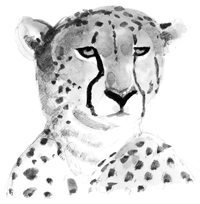Just a short note. Sorry I haven’t updated this more often. I’ve been so busy meeting with UN staff, typing reports etc., that I haven’t gotten around to it.
I went to a very small, very local, bar last night to get a drink. It was really interesting to sit among all of the Rwandans there and watch them interact. Once they’d gotten used to my presence they went back to conversations, arguments, and discussions in Kinyarwanda. I couldn’t help but wonder who in that bar was hutu and who was tutsi; if anyone there had killed during the genocide; and which of the patrons had lost close family and friends.
These questions are very relevant in Kigali. The signs of this country’s violent history are more evident than in any other country to which I’ve been. People’s attitudes, their faces, and even how the city is laid out express this feeling.
I’m just finishing a book about the events by New Yorker writer, Phillip Gourevitch. It is a hauntingly sad description of the genocide, and has stayed with me as I walk along the streets here in Kigali. It’s hard not to imagine the checkpoints, the dead and wounded, and the feeling of hopelessness that abounded for the tutsi minority in this city.
I hope for the sake of these people and this country that the force that drove so many people to kill so many others has moved on and disappeared, but I can’t help but wonder: Has anything in Rwanda really changed? Are the world powers, ‘the donor countries’, ready to stop this kind of horrible catastrophe from happening again?
